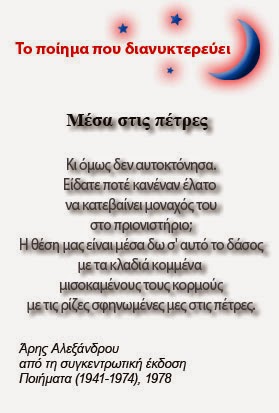Wolfgang Amadeus Mozart completed his Symphony No. 41 in C major (K. 551) on 10 August, 1788.It was his last symphony.
The work is nicknamed the Jupiter Symphony. This name does not come from Mozart but rather may have been coined by the impresario Johann Peter Salomon in an early arrangement for piano.
The 41st Symphony is the last of a set of three that Mozart composed in rapid succession during the summer of 1788. No. 39 was completed 26 June and No. 40 25 July. It is not known whether the 41st Symphony was ever performed in the composer's lifetime. According to Otto Erich Deutsch, around this time Mozart was preparing to hold a series of "Concerts in the Casino", in a new casino in the Spiegelgasse owned by Philipp Otto. Mozart even sent a pair of tickets for this series to his friend Michael Puchberg. But it seems impossible to determine whether the concert series was held, or was cancelled for lack of interest.
Source: Wikipedia










1 σχόλιο:
Παραθέτω το σχόλιο του ernestalba, που έβαλε αυτή τη συμφωνία στο YouTube, από όπου την βρήκα. Καλή ακρόαση.
Woody Allen once said that Mozart's Symphony 41 proved the existence of God. Certainly, a symphony of such grandness and scale had, until the summer of 1788, never before been seen in the musical universe. Its implications for the direction of music in the future, and its influence on future composers is immeasurable. What makes Mozart's Jupiter symphony worthy to share the name of the most powerful god of the Roman world?
The answer to this question comes in the Molto Allegro, and more specifically in its coda, (8:09-8:36). In the coda, Mozart takes the five musical themes or melodies that had been developed throughout the final movement, and does something that no one has ever achieved to the extent that he did, not even the illustrious Beethoven.
Δημοσίευση σχολίου